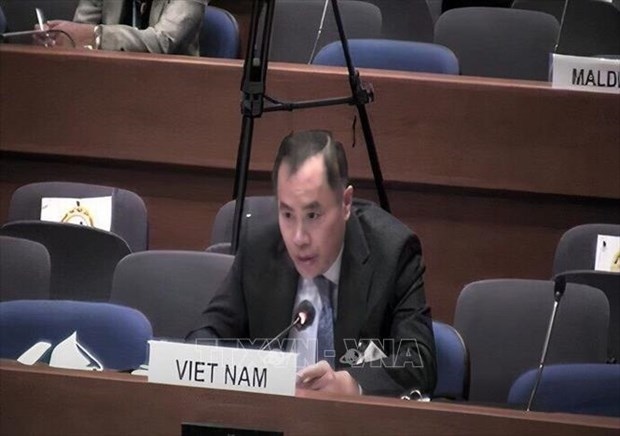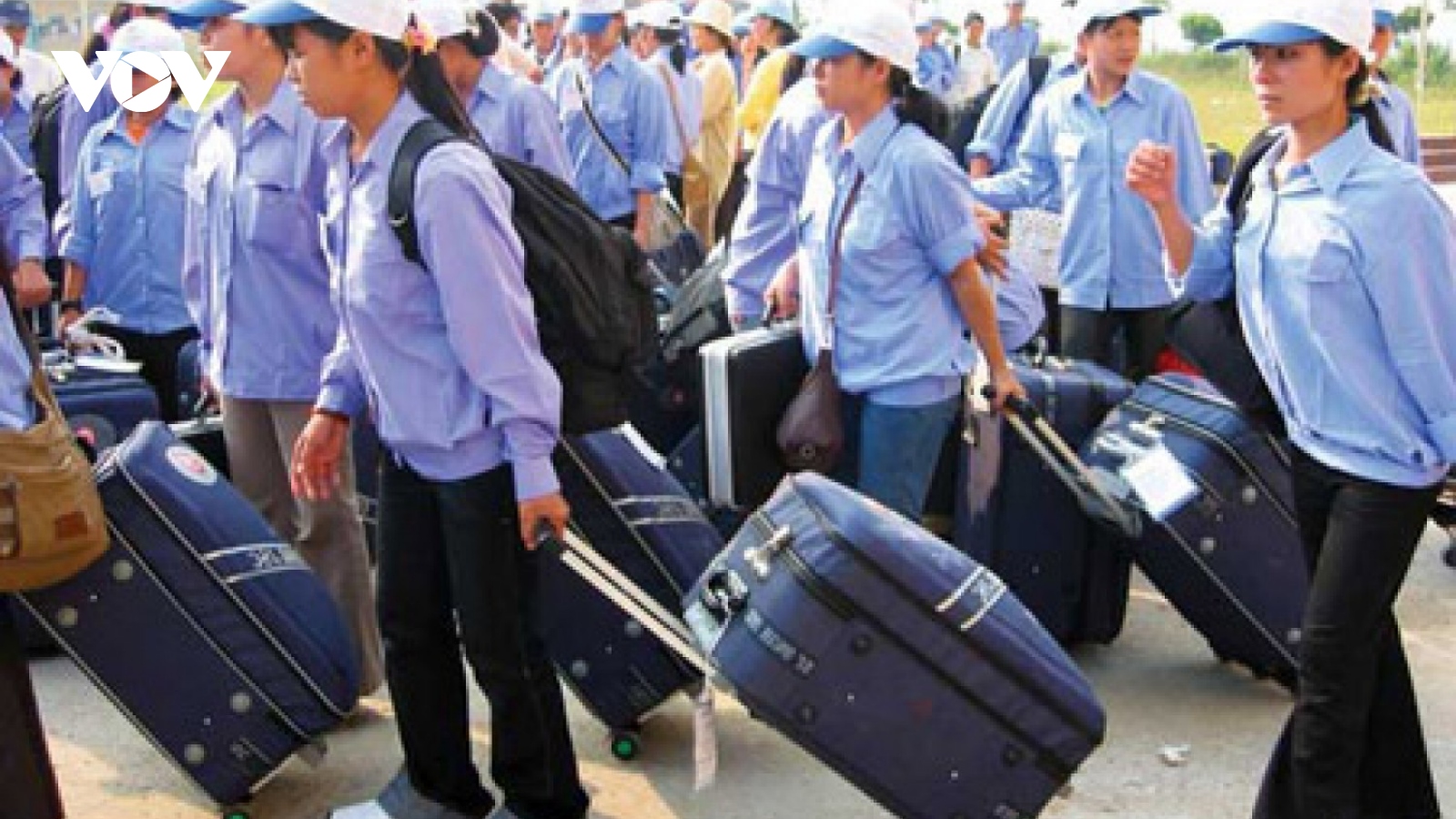Vietnam proposes solutions to COVID-19 impact on migrants
Vietnam has called on countries and international organisations to set forth roadmaps or frameworks and mechanisms for result-oriented cooperation in order to implement the Global Compact for Safe, Orderly and Regular Migration (GCM) more effectively.

Vietnamese Ambassador to Thailand and Permanent Representative of Vietnam to ESCAP Phan Chi Thanh made the call at the Asia-Pacific regional review of implementation of the GCM, held virtually by the Economic and Social Commission for Asia and the Pacific of the United Nations (UNESCAP) and the Regional United Nations Network on Migration for Asia and the Pacific in Bangkok, Thailand on March 12-13.
The move aims to deal with the adverse impact of the COVID-19 pandemic on migrants, thus ensuring legal safe and orderly migration in the region and the world at large, he said.
Luong Thanh Quang, deputy head of the Consular Department under the Vietnamese Ministry of Foreign Affairs, briefed the meeting on the implementation of the GCM in Vietnam.
He appealed to the UN Network on Migration to share information, coordinate with Vietnam in law enforcement and the application of science-technology in migration management, and help the country complete relevant data.
An information network on migration should be set up in the region, he suggested.
The event brought together more than 400 delegates from regional countries, UN agencies, and inter-governmental and non-governmental organisations.
Prior to the event, Thanh met with the Regional Director for the International Organisation for Migration (IOM) in Asia and the Pacific, and the IOM Thailand’s Chief of Mission.
The IOM pledged to further cooperate with and support Vietnam in the realisation of the GCM, and closely coordinate with the Vietnamese Embassy in Thailand to assist Vietnamese labourers in the country in the spirit of the compact.
The Global Compact is the first inter-governmentally negotiated agreement, prepared under the auspices of the United Nations, covering all dimensions of international migration in a holistic and comprehensive manner. It is a non-binding document that respects states’ sovereign right to determine who enters and stays in their territory and demonstrates commitment to international cooperation on migration, according to the IOM.

